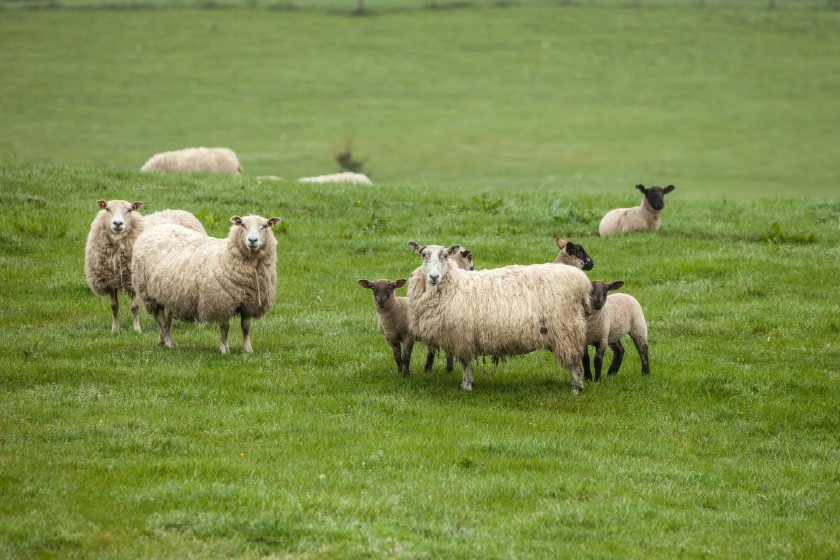
The entire territory of England has been designated a bluetongue virus (BTV-3) 'restricted zone' as of 1 July, in a move that is set to impact sheep and cattle movements across the border with Wales and Scotland.
Defra announced the expansion of the restriction zone in response to the growing risk of bluetongue as summer temperatures rise.
While the virus, transmitted by biting midges, poses no risk to public health or food safety, it can cause severe illness and production losses in ruminants, including sheep and cattle.
The nationwide designation means livestock can now move freely within England, regardless of previous regional restrictions.
However, movements from England into Wales and Scotland are now subject to stricter controls, with the Animal and Plant Health Agency (APHA) requiring movement licences for all susceptible animals.
For cattle, movement into Scotland will only be permitted if animals are fully vaccinated with the Boehringer “Bultavo-3” vaccine and show no clinical signs of disease.
The situation is more complex for sheep, as no vaccine currently approved can guarantee the prevention of BTV-3 transmission in this species.
Consequently, all unvaccinated animals, and all sheep regardless of vaccination status, must undergo a negative pre-movement test within seven days of travel before entering Scotland.
NFU Scotland’s Animal Health and Welfare Policy Manager, Penny Middleton, said vaccination remains a vital tool in protecting animal health.
She said: "All available vaccines provide effective protection against the symptoms of BTV-3 but manufacturers are currently unable to demonstrate that any vaccine prevents transmission of BTV-3 in sheep.
"For that reason, Scottish government will continue to require pre-movement testing of all sheep moving into Scotland, regardless of vaccination status.”
The new restrictions are likely to cause disruption for cross-border trade, particularly for Scottish livestock producers who frequently sell animals at English markets and may now face complicated and costly procedures for re-importing unsold stock.
NFU Scotland has opposed including Scotland within the BTV-3 restricted zone, citing the importance of maintaining a robust disease prevention buffer.
However, the union has indicated it will continue to monitor the situation closely in consultation with its farmer members.
